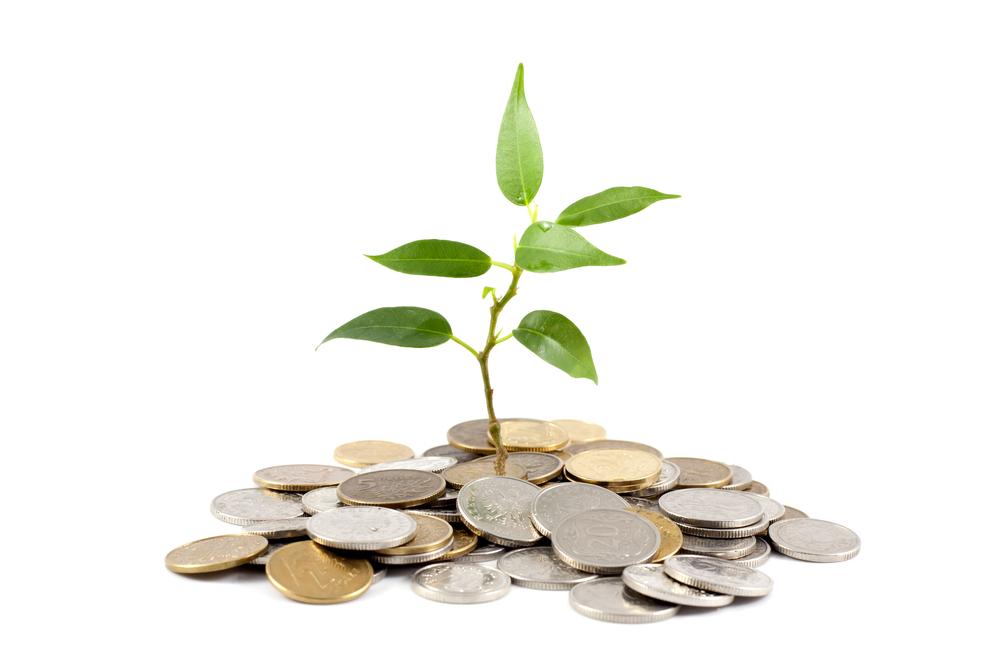7 Ways To Boost Your Financial Resilience
Financial resilience, in simple words, is your ability to spring back up on your feet once you have financially been let down. There are plenty of ways to increase financial resilience but maintaining it is the most important way. You should never be caught by surprise and should always be ready to have a standby option in order to have your finances in order.
Ways to increase your financial resilience
- Prepare for the future
Have a secure future by having enough savings. One of the best ways to go about it is to have a retirement account in which you can keep investing and saving up for your future.

Most of your healthcare emergencies will happen once you are old, with a retirement account to fall back on; you can ensure that you do not have to go borrowing money for the treatment. Practice and develop habits that are financially sound
Having a healthy habit of budgeting right since the beginning would prove to be very beneficial to you. This way, you will always have a tab of how much you need to spend and have a great financial future as well. When you put a portion of your income in your savings, you will always have a habit of maintaining a surplus.
Having a healthy habit of budgeting right since the beginning would prove to be very beneficial to you. This way, you will always have a tab of how much you need to spend and have a great financial future as well. When you put a portion of your income in your savings, you will always have a habit of maintaining a surplus.
Financial resilience has got more to do with a behavioral pattern as compared to maintaining actual finances. One of the biggest indications of being extremely financially resilient is to maintain a calm and composed nature when you are struck with a financial setback. Not panicking is definitely a trait you should work on when you have a financial storm withering your patience away.
You Might Also Like: Money Lessons We Can Learn From Past Presidents
- Always have a priority list
Having a priority list will definitely help you maintain a budget as and when you can. Once you know in what order to spend money, you will end up having a clear-cut track of your expenditure, income and your saving. - Measure a debt to income ratio
While the lenders will use it to gauge the amount of money that they can loan out to you, it is also a factor calculating your financial resilience. If you are bogged down by a lot of debt, it will get tough for you to use a large part of your income in an emergency. - Have a widely spread out portfolio
Having different investments with low risk, medium risk, and high-risk yields as a part of your portfolio will really help you in having a wide variety to fall back on whenever you are in need. While some may give you high returns, the others will balance it out and you can use the income from these for different purposes. - Have an emergency fund
An emergency fund is one of the wisest investments you can make. It can help you deal with situations as severe as large medical bills or your living room getting flooded.
With the aforementioned habits, you surely can increase your financial resilience.
Keep yourself updated with the latest on Personal Finance . Like us on Facebook and follow us on Twitter for more on Investments.
Disclaimer:
The content provided on our blog site traverses numerous categories, offering readers valuable and practical information. Readers can use the editorial team’s research and data to gain more insights into their topics of interest. However, they are requested not to treat the articles as conclusive. The website team cannot be held responsible for differences in data or inaccuracies found across other platforms. Please also note that the site might also miss out on various schemes and offers available that the readers may find more beneficial than the ones we cover.

